Your location:Home >Automotive News >
Time:2022-07-01 15:43:19Source:
According to foreign media reports, a Volkswagen executive said on June 29 that the European Union's plan to phase out internal combustion engine vehicles over the next 12 years does pose challenges for the auto industry, but the industry will actually encounter a more difficult time. The daunting challenge is producing enough batteries topower electric vehicles.
Earlier on June 29, EU countries reached an agreement on proposed laws to tackle climate change, which includes the requirement for new cars sold within the bloc to be zero-carbon dioxide emissions from 2035, which would make internal combustion engine cars unsaleable.
The European Commission first proposed the proposal last summer to reduce greenhouse gas emissions by 2030, and now an agreement between EU countries and the Commission makes the proposal likely to become EU law.
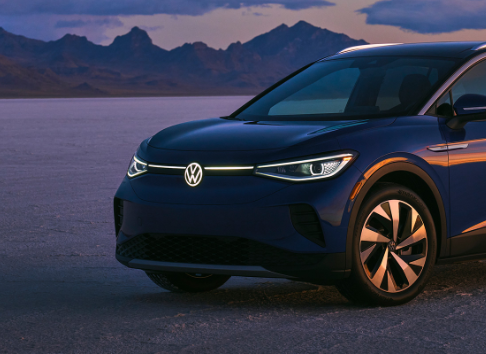
Image source: Volkswagen
Volkswagen Chief Financial Officer Arno Antlitz said in an interview: "This is a challenging goal, but we think it is feasible. The biggest challenge is not to increase the number of car factories, but to increase theproductionof batteries . "
Volkswagen has previously said it will stop selling combustion-engine vehicles in EU countries by 2035, but some other automakers, such as Toyota, who are lagging in the race to develop electric vehicles, may struggle to reach that goal.On June 29, the Japanese automaker declined to comment.
Mainstream automakers have been racing to secure a supply of cells, but getting enough battery raw materials may be a bigger problem.Failure to get sufficient supplies of lithium, nickel, manganese or cobalt could slow the transition to electrification and make these vehicles more expensive, threatening automakers' profit margins.
Last month, Stellantis CEO Carlos Tavares said he expected a shortage of electric vehicle batteries to hit the auto industry in 2024-25.At present, many car companies are building new battery factories while trying to increase the sales of electric vehicles.
On June 29, Tang Weishi said that the EU's decision "is not surprising to us, it is neither good news nor bad news for us, but something we planned."Stellantis plans to sell electric vehicles exclusively in Europe by 2030.
Statement: the article only represents the views of the original author and does not represent the position of this website; If there is infringement or violation, you can directly feed back to this website, and we will modify or delete it.
Preferredproduct
Picture and textrecommendation
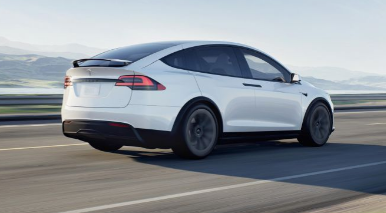
2022-08-04 12:57:12
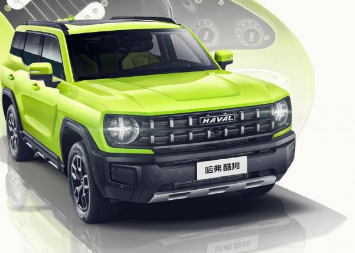
2022-08-04 12:56:48
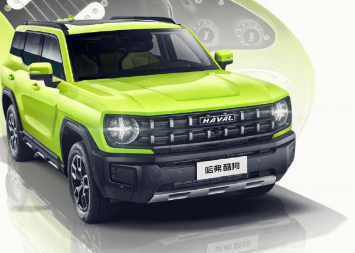
2022-08-04 12:56:28
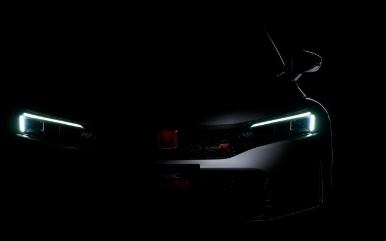
2022-08-04 12:56:04
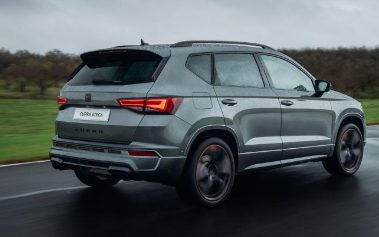
2022-08-04 12:55:36
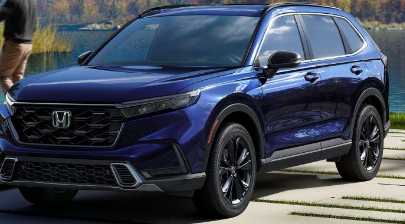
2022-08-04 12:55:11
Hot spotsranking
Wonderfularticles
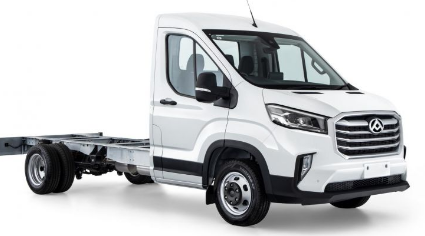
2022-08-04 12:54:48
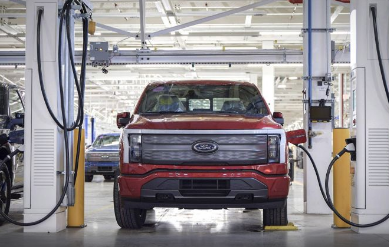
2022-08-04 12:54:20
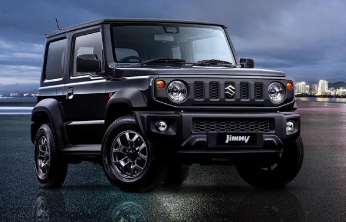
2022-08-04 12:53:54
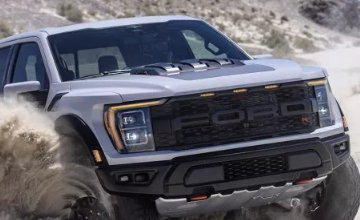
2022-08-04 12:53:32
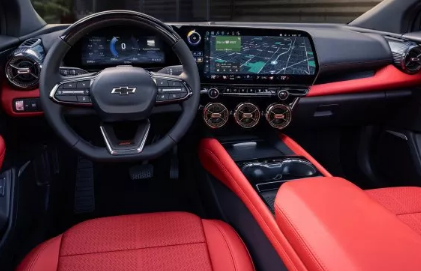
2022-08-04 12:53:03
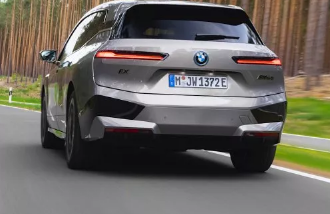
2022-08-04 12:52:26
Popularrecommendations
